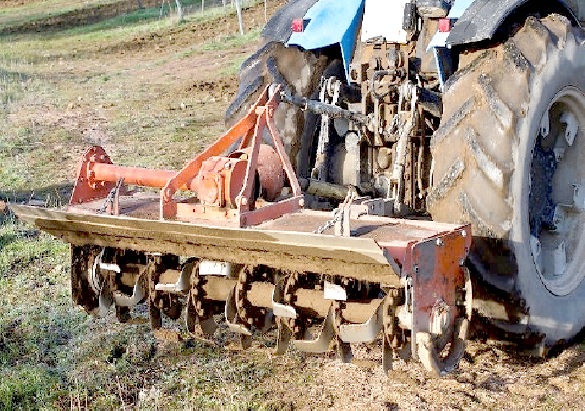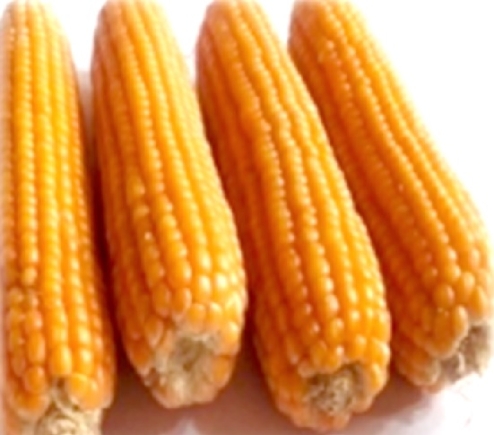
Does Ghana have what it takes to ensure food security?
The question of whether Ghana has what it takes to ensure food security is a million-dollar question mostly asked due to the natural vegetation the country has been blessed with.
Sustainable Development Goal 2 (SDG) is to “end hunger, achieve food security and improve nutrition and promote sustainable agriculture”.
The United Nations (UN) defines food security as always having physical, social and economic access to sufficient healthy and safe food that meets food preferences and dietary needs for an active and healthy life.
Report
The Agriculture and Food Organisation (FAO) 2022 report on food security and nutrition in the world stated that considering various factors, achieving food security in the world will be a challenge.
According to the Ghana Statistical Service’s (GSS) annual household income and expenditure survey strategy for the first and second quarters of 2022, 49.1 per cent of the population experienced food insecurity with higher prevalence in the rural areas than the urban areas.
This then raises concern, since most of our produce comes from the rural areas and hinterlands.
Ghana has arable lands across the 16 regions that are not being cultivated.
The FAO (2023) reports that approximately 57 per cent of the total land area is cultivable, of which 24.4 per cent (58,000 km2) is under cultivation and 11,000 hectares under irrigation.
Most lands being cultivated in Ghana are mainly by smallholder farmers, who rely on the traditional way of farming, which is mainly rain-fed.

A farmer using a hoe, one of the traditional tools for farming
More sustainable
To achieve self-sufficient production, agriculture should be on a more sustainable way of production by moving from manual to mechanised agriculture by the use of harvesters, tractors, etc., to increase production.
With a greater number of the population youthful, there is readily available labour for the agriculture sector with the right incentives.
The Ghana Irrigation Authority needs to be equipped to carry out its core mandate of providing water for all-year-round farming activities.
With the impacts of climate change and the increase in human population, there is the need to invest in the right infrastructure, such as good quality seeds, storage facilities and value addition set-ups.
Seeds
The production of good quality seeds is key to ensuring good production.
Various seeds are developed by the scientific community to help boost production in Ghana.
These seed varieties are drought tolerant, disease resistant, early maturing, high yielding, agro-ecological zone-specific and climate improved.
Therefore, there is a need to invest in the mass production and development of such seeds to ensure sustainable production.
In preventing food loss and wastage, there is a need to focus on more storage facilities and processors for value addition to prolong the shelf life of perishable vegetables.
Research must be boosted for the development and production of bio-fortified food crops such as the Orange Fleshed sweet potato (OFSP), which is enriched with Beta-carotene needed for good eyesight.

CRI-Kofi Annan, a sweet potato variety which matures within five months
Maize varieties such as (CRI—Nkwagye and CRI—Abebe), which is developed by the Centre for Scientific and Industrial Research’s (CSIR)/Crops Research Institute, are Pro-Vitamin A and can tackle malnutrition and improve livelihoods.
CRI-Abebe, a variety of corn
Need
In ensuring food security, there is a need to provide agricultural inputs to farmers at subsidised rates.
Although the Agricultural Development Bank and other banks are aiding farmers acquire loans and machinery for their farms, better loan agreements can also be introduced to make farming appealing.
The Ministry of Food and Agriculture (MoFA) can provide the technical know-how by training more extension officers to assist farmers with good agricultural practices.
Ghana has what it takes to ensure that food is available and accessible to its populace.
There is, therefore, the need to support all stakeholders in the agricultural value chain to make that a reality.
In doing so, we will realise the four pillars of food security: availability, accessibility, utilisation and stability.
The writers are a Communication Specialist and Principal Technologist.
E-mails:

